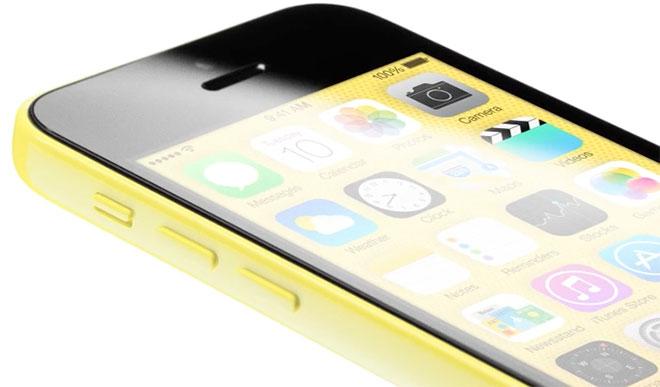When Steve Jobs bounded on stage at the Macworld Conference in San Francisco seven years ago, few in attendance could have realized the presentation they were about to see would mark the beginning of a new technological era.

"Every once in a while, a revolutionary product comes along that changes everything."
This was the standard Jobs set for Apple's newest creation. The iPhone's success would be judged, he implied, by no less a yardstick than the Macintosh --Â the computer whose 1984 introduction literally changed the way the world worked, enabling entirely new industries and minting countless fortunes in the process.
The handset Jobs famously pulled from his pocket that January morning was far from perfect. Critics said it wasn't fast enough, it wasn't cheap enough, and it wasn't open enough.
They were wrong.
Apple brought smartphones to the masses, upending the mobile phone industry in what seemed like an afternoon. The shift was so fast and violent that even Motorola and Nokia, old warhorses who laid the foundation for the entire business, fell to their knees and were picked through like spoils of battle.
In the iPhone's shadow grew an ancillary economy, one that now supports hundreds of thousands of workers around the world. Apple has paid out more than $15 billion to developers on its App Store and untold billions more have been fished from the iPhone's vast ocean of accessories.
Once on the brink of bankruptcy, Apple is now the biggest technology company on earth. The iPhone unit, which rakes in more than 90 percent of the mobile phone industry's profits, is itself larger by revenue than blue chips like Boeing and Coca-Cola.
The iPhone's greatest legacy, though, is this: no matter what the future holds for Apple, there is now an entire generation that will never know life without "the internet in your pocket." In just seven years, Apple has again changed the way the world works.
Revolutionary, indeed.



